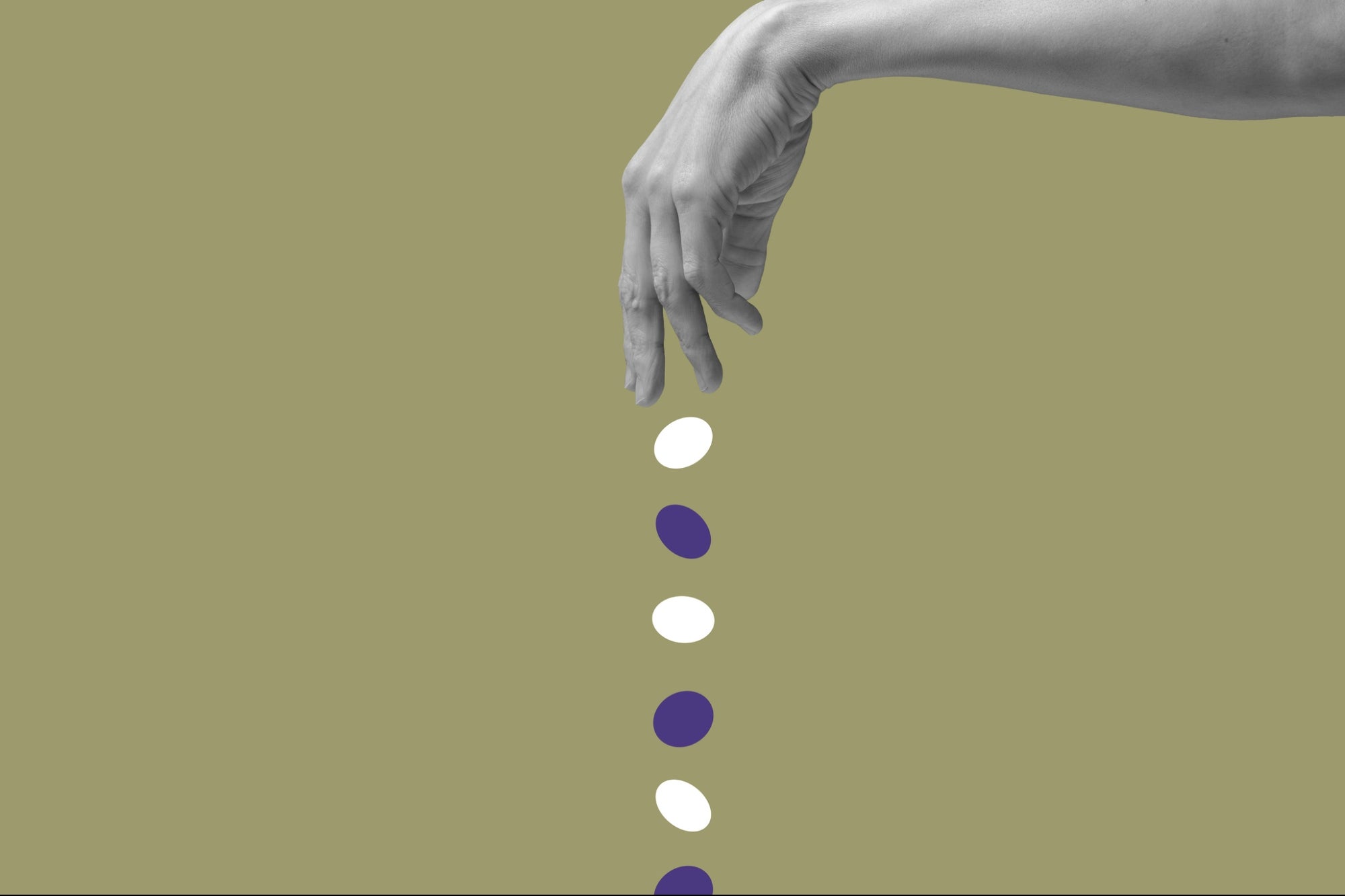Good News for Hustlers: Being Busy Could Actually Be Good for You A study found a link between a packed schedule and healthier choices, particularly when it comes to food.
By Nina Zipkin

It turns there may be an unexpected upside to being busy.
According to a new study from INSEAD and the Hong Kong University of Science and Technology, if you perceive yourself to be a busy person, and have what the researchers call a "busy mindset," that can lead to feeling more important, which in turn can inspire you to make healthier choices.
The researchers conducted a series of eight experiments and had the participants establish the ways that they were busy, by doing things such as asking them to write down the reasons why they had such a packed schedule, or telling the undergraduates involved in the study that data found they were busier than the students at neighboring schools.
The study looked at the ways that this feeling of busyness affected how the students made decisions about the foods they ate, whether they opted to exercise or relax and whether they chose to save money for retirement versus spending it. The researchers found that when people were influenced to see themselves as busy, it boosted their ability to have self-control.
Related: 5 Everyday Strategies to Make Your Brain Stronger (One of Them Involves Eating)
One study asked participants to ask to say how many people in their lives thought they were important person. The researchers found that when they had a "dampened sense of self-importance" the self-control dissipated as well. The students that felt like they were busy but not important were more likely to ask to receive a brownie for their involvement instead of an apple.
In a summary of the findings for Harvard Business Review, the researchers looked ahead to how the finding could be used by businesses looking to appeal to customers, citing examples including Anytime Fitness, which has used the tagline "the club for busy people," or Dunkin Donuts, which has portrayed its products as "real food for busy lifestyles."
"Much research has focused on what causes consumers to choose immediate gratification over long-term benefits, be it in the spheres of overeating or food waste," the researchers wrote. "Lately, mindful eating as an intervention to enhance self-control has received a lot of attention; however, it requires training and continual practice. Our research suggests that activating a busy mindset may be an easier and more effective nudge to facilitate self-control."












